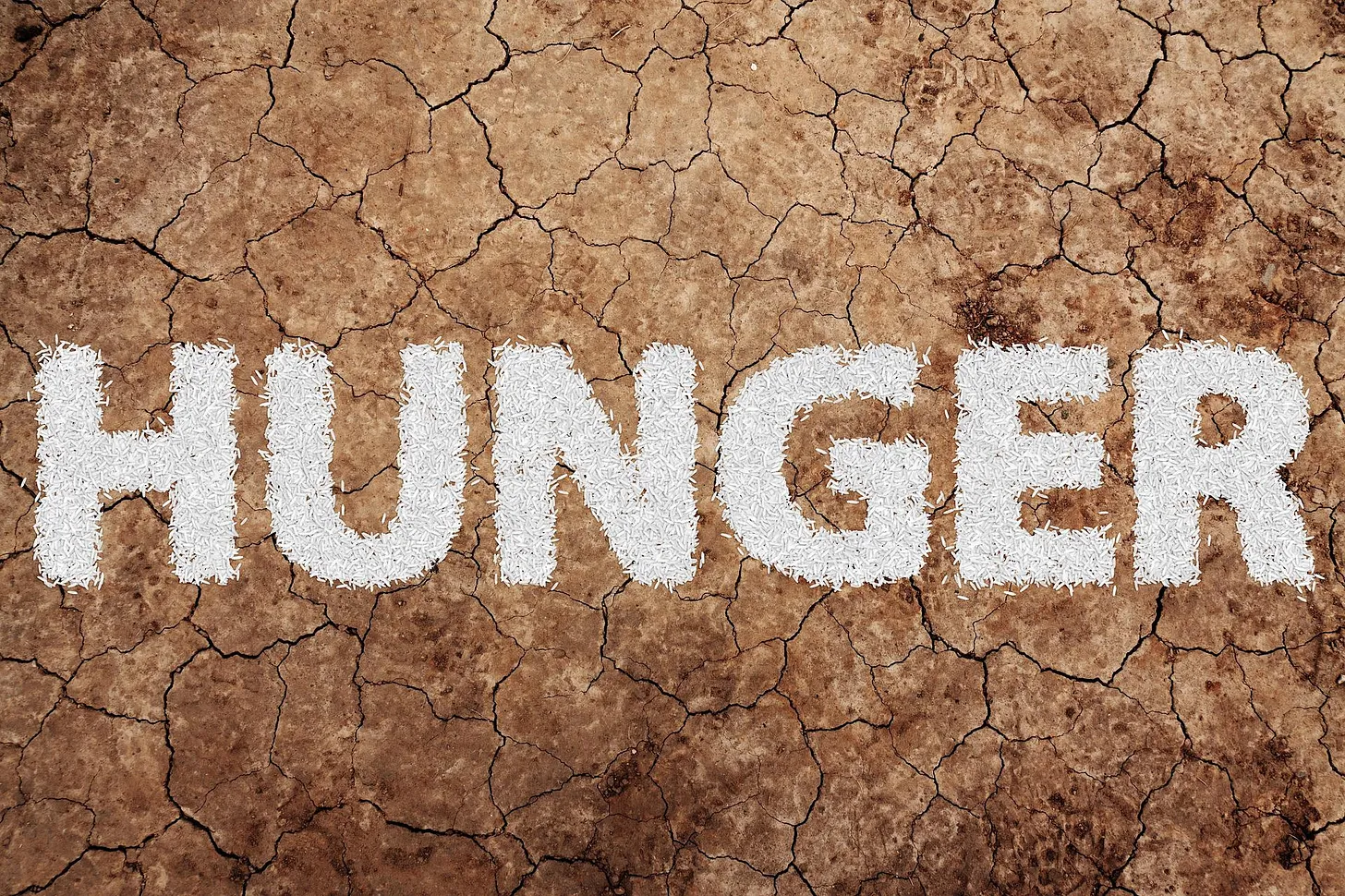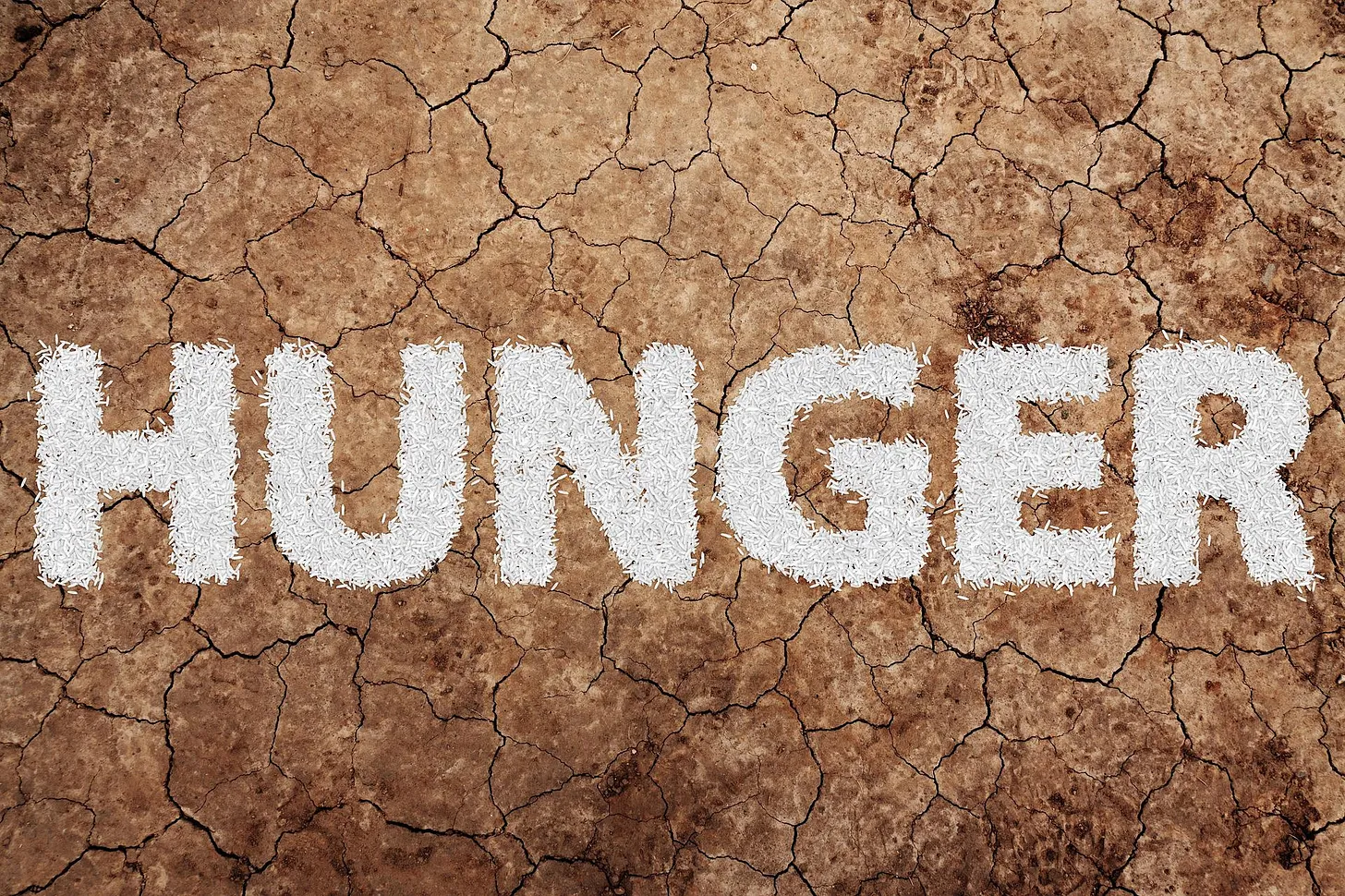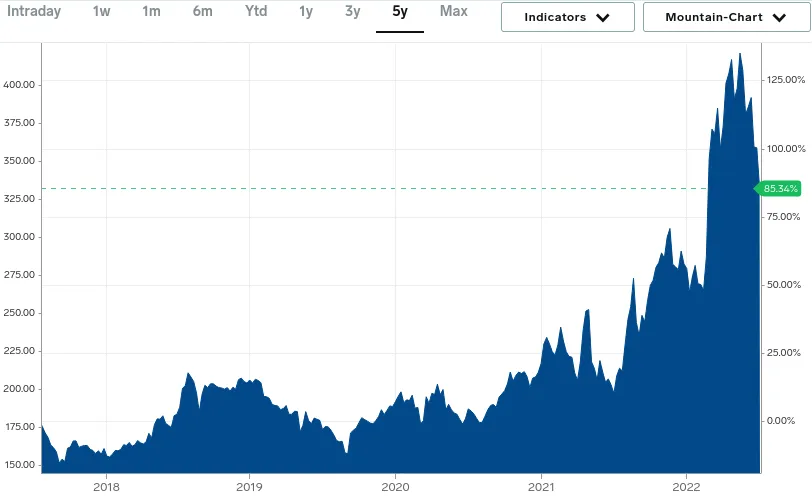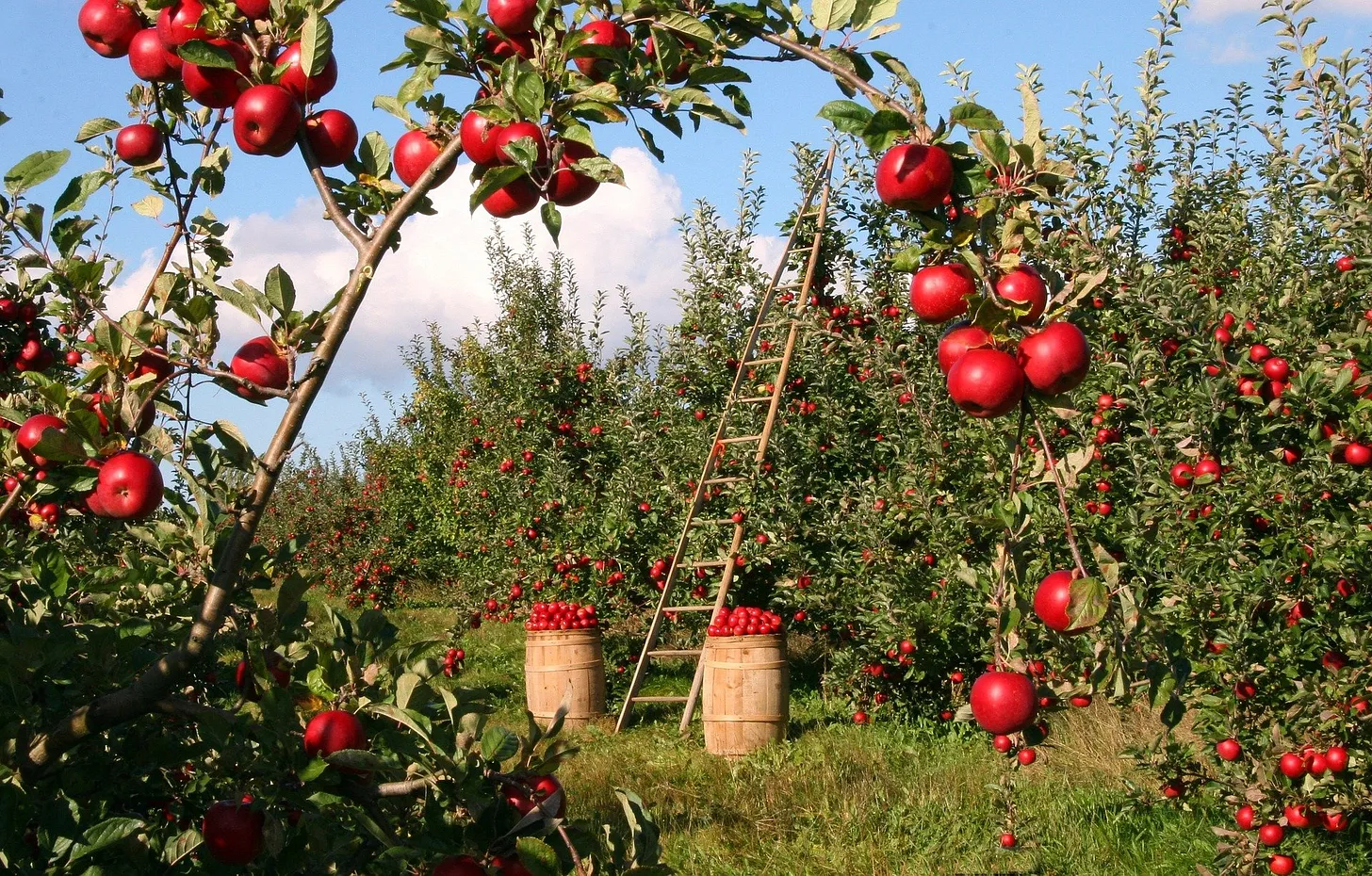How to deal with the famine to come?


Just because my work focuses on synergetic solutions, sometimes fully functional only after several years, does not mean that I fail to keep a close eye on world events. For the possibility of creating and promoting synergetic design depends first of all on our ability to be and create by ourselves and that our time is critical in terms of independence.
One of the last alarming situation we are dealing with is the uncertainty of the food market as a whole, that could really impact negatively almost everyone, more or less, and potentially lead to a predatory behavior from some of our fellow humans.
A series of disturbing events
While the media focus on various and divergent news, often without much interest, here is what is happening in Europe and North America in a very serious way the last two years:
hundreds of millions of farm animals slaughtered for so-called health reasons such as bird flu (I’ll probably write later on the sanitary management of farms and its unbelievable nonsense),
arson attacks on dozens of food stocks (51 in the USA),
a clear increase in food prices, especially over the past year,

worldwide sanctions against Russia for a long-planned and well-timed war in Ukraine (Russia is the largest exporter of agricultural fertilizer: more than 15% of world exports; a simple glance at the current conflict is enough to understand that many lobbyists wanted that war and did what was necessary to ignite it).
It is impossible to give the exact proportion of malice in this penurious phenomenon and, in fact, this is not a top-priority question. It is however necessary to consider the possible short and medium term repercussions of these events (beginning by an even bigger increase of price), even if food productions have been in surplus for several decades.
Globalism has so intertwined the distribution flows of production that a war on the other side of the world can cause serious shortages at home, and vice versa (even if it is also possible of course to use this argument as a trick to fake scarcity for business and political purposes).
It is not only preferable from a synergetic point of view, but essential from a survivalist point of view, to relocalize a maximum of production and to anticipate the problems that could occur very soon (possibly as early as 2023).
Thus, I will not dwell here extensively on the problems to come, other investigators do it better than me, but I will take the time to enumerate the actions to be taken now in order to maximize our chances of survival at first and then of synergy with our environment.
Solutions against hunger

Let us assume that famine is always lurking, since it is a reality of the human being that only modern comfort has managed to make us forget very recently in our Western history.
In the study of ecosystems, there are two important variables to consider when estimating the health of a natural ecosystem: resistance and resilience.
Resistance is the ability of an ecosystem to minimize the negative effects of a disturbance (pollution, species invasion, natural disaster, etc.). Resilience is the ability to regenerate after a disturbance.
As an example, we can consider that the ant has a high resistance but a low resilience (once broken, its chitin shell does not repair itself, except in case of tiny cracks) while the frog has a low resistance (its skin is fragile, its bones brittle) but a high resilience (it is able to regenerate quickly in case of injury).
It is on these two points simultaneously that we must work on our own ecosystems, for nourishing purpose but also in order to ease the providing of materials.
Here are some important steps to take to achieve this:
live in the countryside or in the middle of nature: the current city life is no longer conceivable within a framework of survival and food production; until a few centuries ago, cities were themselves producers of food but this is no longer the case today, they only survive by a steady flow of imported goods, sometimes from very far away
bet only on crop-livestock farming: I will certainly come back to it but the most efficient model of food production mixes animals, plants and mushrooms, veganism is not a synergetic solution, it is not a solution at all
vary our productions: this allows for a better resistance to agricultural hazards such as pests, diseases, bad weather, droughts, etc.
perfectly control our use of water: it is not only a question of the water available in terms of volume, because most places on the planet have it naturally, but of the way we are going to use it in our flows; the water of the shower can for example be used to water the garden, the water of the dishes can be recycled by a system of lagooning, etc. I'll come back to it in further articles
produce our own seeds: this is sometimes tedious but absolutely necessary in order to select plants adapted to our soil and to favor our autonomy; it is also recommended for certain plants to exchange seeds with our neighbors from several kilometers away; however, let us not forget that many plants are perennial and can multiply without seeds
favor trees: as I have already said in my article on electroculture and agroforestry, trees are major allies whose benefits are innumerable; for example, they have long been used as a source of fodder for livestock, even in winter for some of them
learn to graft fruit trees: this is a very useful skill to transform a wild area into a nourishing orchard, it also works very well in paths and with wild rootstocks
know the basics of herbal medicine: for humans and animals, many common ailments can be easily cured with some simple herbal products
learn how to fish, hunt and gather: it is far from being compulsory to use firearms to feed oneself in nature, many techniques exist and have been proven for thousands of years
get educational physical books of all useful knowledge: for ourselves and others, for our families, our children, etc.
select tools that work without electricity and are fully repairable
learn to share resources, tools and skills for greater efficiency and less waste
be able to defend ourselves: having weapons and ammunition at home and knowing how to use them is a necessary precaution to be able to answer to the most dangerous situations
anticipate: building a nourishing place takes time, trees take time to grow, animals take time to grow, and finding the best way to operate can take years
These are key steps to maximize our autonomy.
Emergency may force us to choose short-term solutions that are not super synergetic in the long run, but are so to what we need now. Let's not forget that contexts condition everything.



